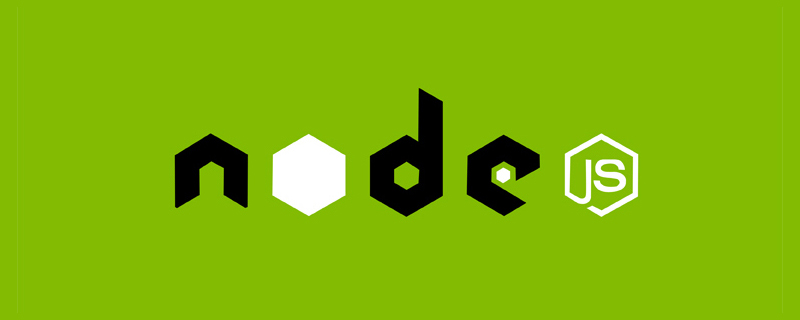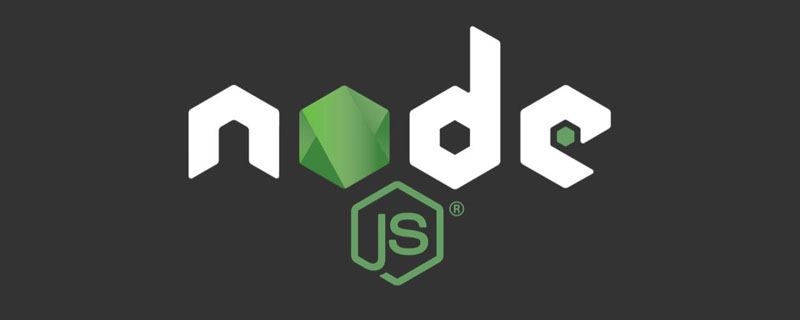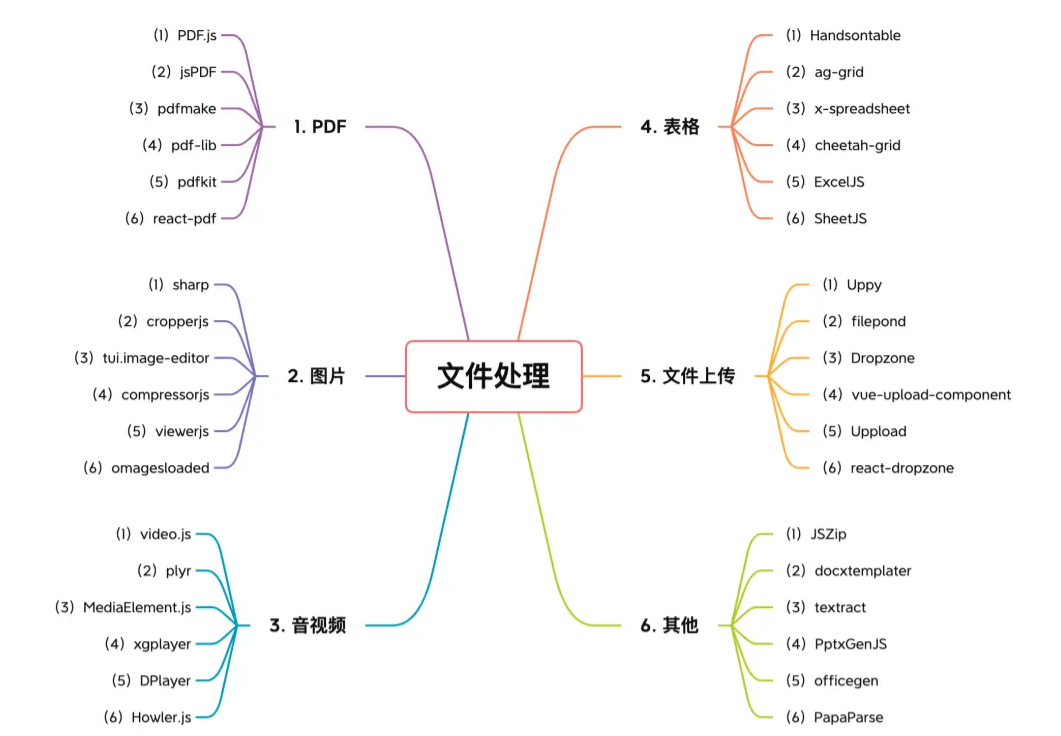 Web Front-end
Web Front-end Vue.js
Vue.js A simple comparison of JSX syntax and template syntax in Vue (analysis of advantages and disadvantages)
A simple comparison of JSX syntax and template syntax in Vue (analysis of advantages and disadvantages)In Vue.js, developers can use two different syntaxes to create user interfaces: JSX syntax and Template syntax. Both syntaxes have their own advantages and disadvantages. Let’s discuss their differences, advantages and disadvantages.

JSX syntax and template syntax
JSX syntax is a A syntax extension for JavaScript that allows the use of HTML-like markup languages in JavaScript to define user interfaces. Using JSX syntax, developers can package components and templates in the same file, making the code cleaner and easier to manage.
Template syntax is a syntax similar to HTML and can be used directly in Vue.js. Using template syntax, developers can define the user interface just like writing HTML, making the code more concise and readable. [Related recommendations: vuejs video tutorial, web front-end development]
The difference between JSX syntax and template syntax
-
Syntax
JSX syntax uses an HTML-like markup language to create user interfaces, while template syntax is an HTML-like syntax.
-
Data Binding
JSX syntax supports direct binding to JavaScript variables, while template syntax requires the use of Vue.js instructions to implement data binding.
-
Expression
Expressions in JSX need to be wrapped with a single brace
{}, while template syntax uses double braces{{}}to wrap expressions. -
Components
JSX syntax can define and use components directly in
JavaScript, while template syntax requires component definitions and references to be processed separately. -
Slot
JSX syntax supports passing child elements to components as properties, access them inside the component using
this.props.children, and the template syntax is implemented using Vue's slotslotmechanism.
The advantages and disadvantages of JSX syntax and template syntax
The advantages of JSX syntax
More flexible: Using JSX syntax, developers can more flexibly combine and nest user interfaces, thereby providing users with a richer and more diverse experience.
Low skill conversion cost: Because JSX syntax and JavaScript are tightly integrated, it is relatively simple for developers who are familiar with JavaScript to learn and use JSX syntax.
High readability: JSX syntax can make the code closer to HTML, making the code more readable and understandable.
Disadvantages of JSX syntax
##High learning curve: Because JSX syntax requires certain JavaScript basics, so the learning curve may be steep for beginners.
Prone to errors in the writing process: Since JSX syntax requires manual writing of intermediate language code, syntax errors and other problems are prone to occur.
Not as understandable as template syntax: To use JSX syntax, you must understand some React-specific concepts, such as components, attributes, etc., and these concepts may require some learning cost.
Advantages of template syntax
Low learning curve: Template syntax can be like HTML Writing user interfaces makes it relatively simple for developers with web development experience to learn and use template syntax.
Highly readable: Compared with JSX syntax, template syntax is more intuitive and easier to read.
The writing process is relatively simple: Using template syntax, developers can write code directly in HTML, thus avoiding the problem of manually writing intermediate languages.
Disadvantages of template syntax
Restrictions: Most editors have restrictions on Vue templates The syntax support is weak
The reusability is poor, because in Vue, the template is just a view layer and cannot be well combined with the logic code like JSX
Summary
JSX syntax and template syntax each have their own advantages, and the lower limit of usingtemplate syntax is higher , the team's output will not cause subsequent maintenance difficulties due to uneven individual programming levels. The upper limit of JSX syntax is higher, and it can write more elegant code in certain business scenarios.
(Learning video sharing:vuejs introductory tutorial, Basic programming video)
The above is the detailed content of A simple comparison of JSX syntax and template syntax in Vue (analysis of advantages and disadvantages). For more information, please follow other related articles on the PHP Chinese website!
 5个常见的JavaScript内存错误Aug 25, 2022 am 10:27 AM
5个常见的JavaScript内存错误Aug 25, 2022 am 10:27 AMJavaScript 不提供任何内存管理操作。相反,内存由 JavaScript VM 通过内存回收过程管理,该过程称为垃圾收集。
 Node.js 19正式发布,聊聊它的 6 大特性!Nov 16, 2022 pm 08:34 PM
Node.js 19正式发布,聊聊它的 6 大特性!Nov 16, 2022 pm 08:34 PMNode 19已正式发布,下面本篇文章就来带大家详解了解一下Node.js 19的 6 大特性,希望对大家有所帮助!
 实战:vscode中开发一个支持vue文件跳转到定义的插件Nov 16, 2022 pm 08:43 PM
实战:vscode中开发一个支持vue文件跳转到定义的插件Nov 16, 2022 pm 08:43 PMvscode自身是支持vue文件组件跳转到定义的,但是支持的力度是非常弱的。我们在vue-cli的配置的下,可以写很多灵活的用法,这样可以提升我们的生产效率。但是正是这些灵活的写法,导致了vscode自身提供的功能无法支持跳转到文件定义。为了兼容这些灵活的写法,提高工作效率,所以写了一个vscode支持vue文件跳转到定义的插件。
 聊聊如何选择一个最好的Node.js Docker镜像?Dec 13, 2022 pm 08:00 PM
聊聊如何选择一个最好的Node.js Docker镜像?Dec 13, 2022 pm 08:00 PM选择一个Node的Docker镜像看起来像是一件小事,但是镜像的大小和潜在漏洞可能会对你的CI/CD流程和安全造成重大的影响。那我们如何选择一个最好Node.js Docker镜像呢?
 【6大类】实用的前端处理文件的工具库,快来收藏吧!Jul 15, 2022 pm 02:58 PM
【6大类】实用的前端处理文件的工具库,快来收藏吧!Jul 15, 2022 pm 02:58 PM本篇文章给大家整理和分享几个前端文件处理相关的实用工具库,共分成6大类一一介绍给大家,希望对大家有所帮助。


Hot AI Tools

Undresser.AI Undress
AI-powered app for creating realistic nude photos

AI Clothes Remover
Online AI tool for removing clothes from photos.

Undress AI Tool
Undress images for free

Clothoff.io
AI clothes remover

AI Hentai Generator
Generate AI Hentai for free.

Hot Article

Hot Tools

MantisBT
Mantis is an easy-to-deploy web-based defect tracking tool designed to aid in product defect tracking. It requires PHP, MySQL and a web server. Check out our demo and hosting services.

DVWA
Damn Vulnerable Web App (DVWA) is a PHP/MySQL web application that is very vulnerable. Its main goals are to be an aid for security professionals to test their skills and tools in a legal environment, to help web developers better understand the process of securing web applications, and to help teachers/students teach/learn in a classroom environment Web application security. The goal of DVWA is to practice some of the most common web vulnerabilities through a simple and straightforward interface, with varying degrees of difficulty. Please note that this software

SublimeText3 English version
Recommended: Win version, supports code prompts!

SAP NetWeaver Server Adapter for Eclipse
Integrate Eclipse with SAP NetWeaver application server.

Dreamweaver Mac version
Visual web development tools









